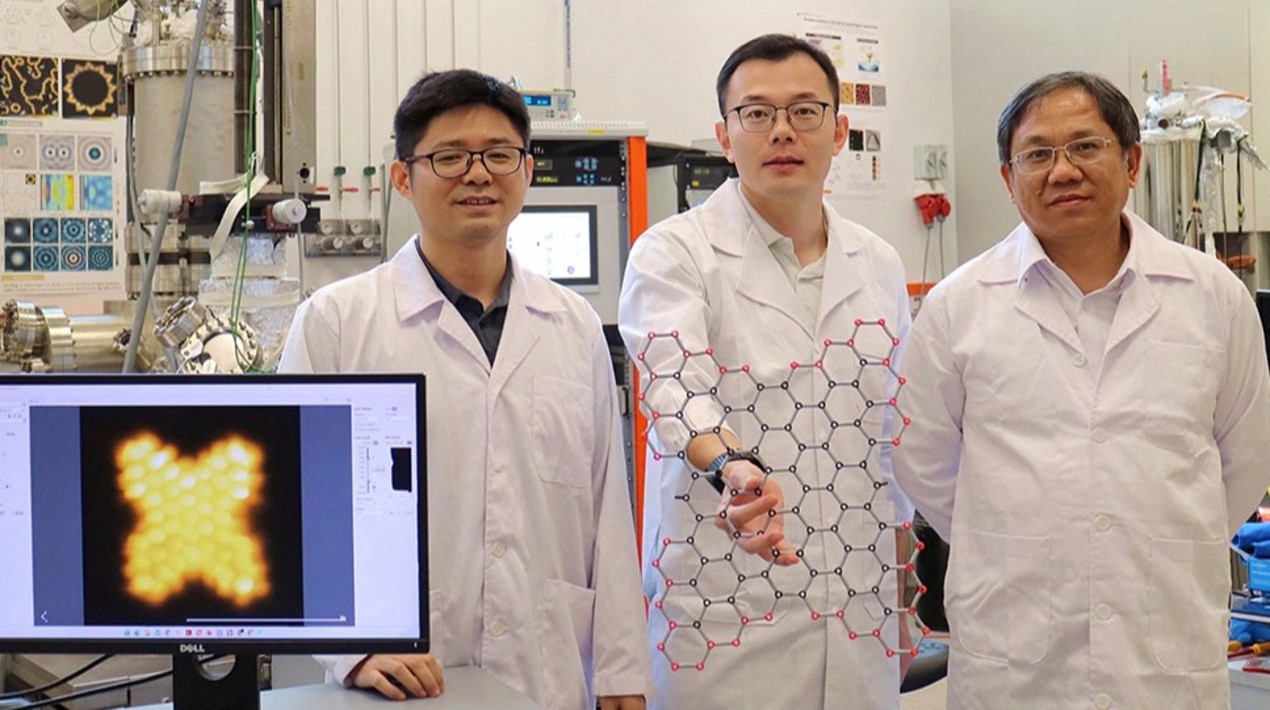
To combat a virus, antibodies attach themselves to the virus and attempt to neutralise it; these antibodies are small proteins that are produced by immune systems. Scientists are attempting to create synthetic antibodies to combat the SARS-CoV-2 virus that causes COVID-19.
To create these antibodies successfully, researchers need to know how exactly the proteins are going to fuse with the virus’s spike protein. However, finding the right protein complex combination fit amongst the millions of combinations is an arduous task that would take software weeks, if not months. This process may have become 80 to 500 times faster due to a machine-learning model created by MIT researchers that can predict the complex bind that can be formed by two proteins being bound together. the initial research also suggests that these predictions are a lot closer to the actual bonds that are formed.
Deep learning is very good at capturing interactions between different proteins that are otherwise difficult for chemists or biologists to write experimentally. Some of these interactions are very complicated, and people haven’t found good ways to express them. This deep-learning model can learn these types of interactions from data.
– Octavian-Eugen Ganea, Co-lead Author
The model, called Equidock, does rigid-body docking – the process of two proteins being ‘fitted’ by rotating or translating 3D space, without distorting or bending their shape. Equidock converts the 3D structures of proteins into 3D graphs to be further proceeded by neural networks which represents a chain of the amino acid via a node in the graph.
Further, the researchers have included geometric knowledge and mathematical knowledge into the model so it understands if the object changes its shape due to rotation or is being translated into 3D space, and so that the proteins almost always attach in the same way, no matter their location ina similar way to how proteins dock in human bodies.
According to the researchers, the lack of appropriate training datasets was a significant challenge since 3D data of proteins was so sparse to come by. Therefore, it was especially important to incorporate geometric knowledge into Equidock. Without those geometric constraints, the model might pick up false correlations in the dataset.
When the researchers compared the model to four other software methods, Equidock performed significantly faster; it took one to five seconds to predict an almost accurate final protein complex, while the others took anywhere between 10 minutes to an hour longer. However, sometimes it underperformed as compared to other baselines.
To make it more accurate, the team wants to include specific atomic interactions into Equidock. In the future, they plan to enhance Equidock so it can make predictions for flexible protein docking. The biggest hurdle there is a lack of data for training, so the researchers are working to generate synthetic data they could use to improve the model.
As reported by OpenGov Asia, MIT researchers have demonstrated diminutive drones that can zip around with bug-like agility and resilience, which could eventually perform these tasks. The soft actuators that propel these microrobots are very durable, but they require much higher voltages than similarly-sized rigid actuators. The featherweight robots can’t carry the necessary power electronics that would allow them to fly on their own.
Now, these researchers have pioneered a fabrication technique that enables them to build soft actuators that operate with 75% lower voltage than current versions while carrying 80% more payload. These soft actuators are like artificial muscles that rapidly flap the robot’s wings. This new fabrication technique produces artificial muscles with fewer defects, which dramatically extends the lifespan of the components and increases the robot’s performance and payload.
















